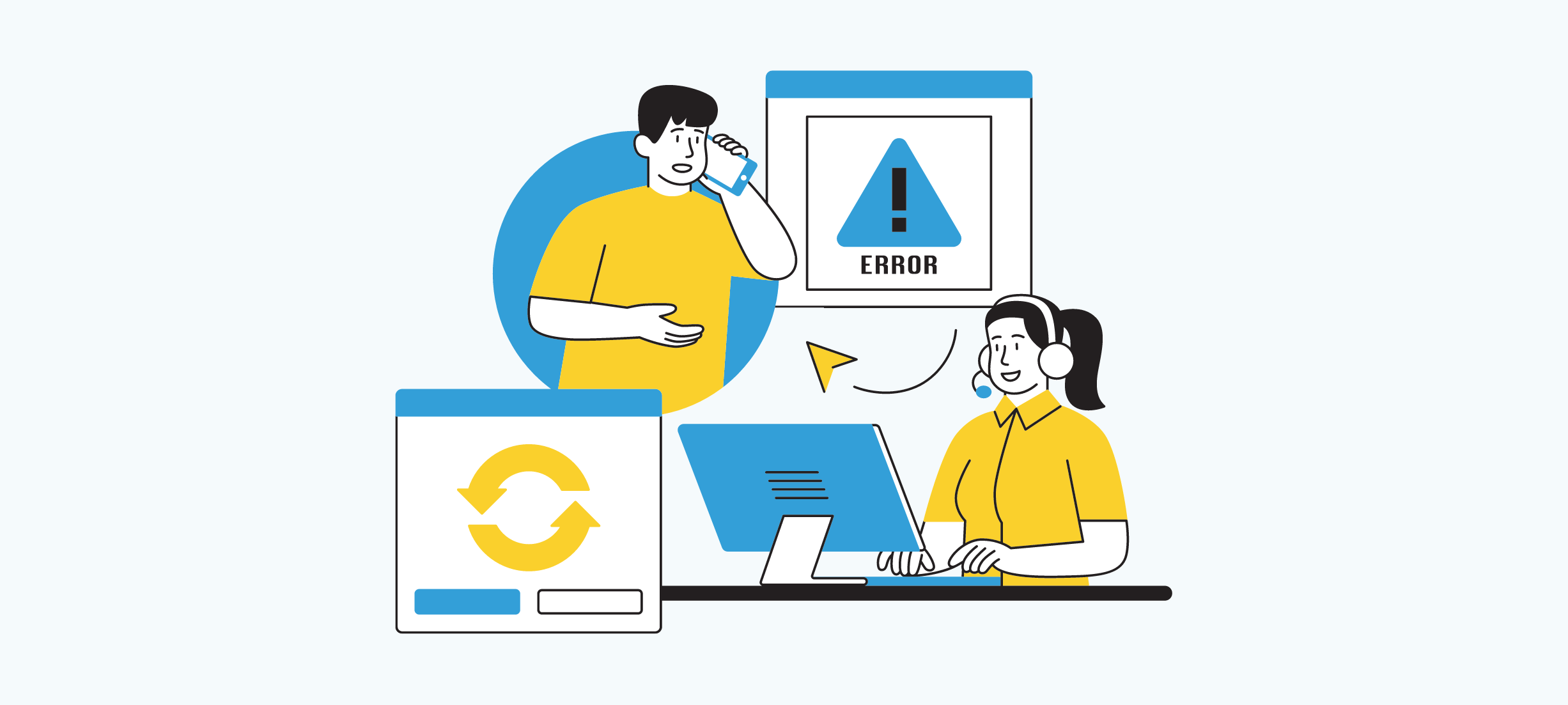Last year, the IRS introduced significant tax code modifications, particularly enhancing income tax brackets. These adjustments may influence the amount of tax withheld from individuals’ paychecks. Both federal income tax brackets and the standard deduction have seen an increase for the tax year 2024. This alteration is a response to persistent inflation, which has kept prices elevated throughout the year. The revised figures will be applicable to your 2024 taxes, which you will file in 2025.
Annual adjustments to the tax code by the IRS are a routine practice to accommodate inflation. This serves to prevent “tax bracket creep,” a situation where inflation causes individuals to fall into a higher tax bracket despite their purchasing power being eroded. Even if your income rises in 2024, factoring inflation into the 2024 tax brackets can mitigate the risk of moving into a higher tax bracket and might even place you in a lower bracket. Consequently, if your income remains constant this year, you could potentially see a slight increase in your take-home pay with the inflation-adjusted 2024 tax code.
How might changes in the tax code affect your paycheck?
When the IRS raises federal income tax brackets, there’s a chance you might end up in a lower tax bracket compared to the previous year, especially if your income remains unchanged.
For instance, if you earned $45,000 in 2023, you would have fallen into the 22% tax bracket for that year. However, if your income stays at $45,000 in 2024, you’ll now belong to the 12% bracket. This implies that you’ll owe less federal tax next year and will see a reduction in the amount taken from your paycheck.
If your income increases in 2024 compared to 2023, where you fall on the tax brackets will depend on how much your pay has gone up. It’s possible that you may still find yourself in a lower tax bracket due to the recent changes. However, there’s also the chance that you might stay in the same bracket or move up to a higher one.
Regardless of the scenario, it’s crucial to recognize that lingering inflation could be affecting your budget, causing you to experience the impact of high prices in various aspects of your life. Therefore, even if you drop into a lower tax bracket and enjoy a slightly larger paycheck next year, it’s important to be mindful that inflation might already be affecting your expenses for housing, gas, food, or other essential items.
2024 income tax brackets
2024 income tax brackets for Single filers
- 10%: Up to $11,600 (37.6 million filers, or 24%)
- 12%: $11,600 – $47,150 (59.8 million filers, or 38%)
- 22%: $47,150 – $95,375 (27.5 million filers, or 18%)
- 24%: $95,375 – $162,550 (12.2 million filers, or 8%)
- 32%: $162,550 – $215,950 (5.2 million filers, or 3%)
- 35%: $215,950 – $609,350 (1.9 million filers, or 1%)
- 37%: Above $609,350 (638,000 filers, or 0.4%)
2024 income tax brackets for married filing jointly
- 10%: Up to $23,200 (33.5 million filers, or 21%)
- 12%: $23,200 – $89,075 (50.7 million filers, or 32%)
- 22%: $89,075 – $170,050 (21.9 million filers, or 14%)
- 24%: $170,050 – $233,300 (8.5 million filers, or 5%)
- 32%: $233,300 – $431,900 (3.1 million filers, or 2%)
- 35%: $431,900 – $731,200 (1.2 million filers, or 0.8%)
- 37%: Above $731,200 (419,000 filers, or 0.3%)
2024 income tax brackets for head of household
- 10%: Up to $16,550 (18.5 million filers, or 12%)
- 12%: $16,550 – $63,100 (41.3 million filers, or 26%)
- 22%: $63,100 – $139,300 (17.5 million filers, or 11%)
- 24%: $139,300 – $191,550 (8.1 million filers, or 5%)
- 32%: $191,550 – $266,000 (3.2 million filers, or 2%)
- 35%: $266,000 – $609,350 (1.4 million filers, or 1%)
- 37%: Above $609,350 (386,000 filers, or 0.2%)
2024 standard deduction
- Single filers and those married filing separately can claim a standard deduction of $14,600, an increase of $750 from 2023.
- Married couples filing jointly rejoice with a standard deduction of $29,200, boosting their deduction by $1,500 compared to the previous year.
- Heads of household also see a bump, with a standard deduction of $21,900, up $1,100 from 2023.
For many people with straightforward tax situations, opting for the standard deduction is a common practice, as it helps lower their taxable income. If your income mainly comes from a regular job where you receive a W-2 form, choosing the standard deduction is often the most straightforward way to increase your potential tax refund. However, if you’re self-employed or have expenses you want to include, you might consider itemizing your deductions instead.
Further 2024 tax updates to support your finances
Beyond the updated brackets and standard deduction, several other 2024 tax changes could benefit you:
Increased earned income tax credit (EITC): The EITC provides a tax credit to low- and moderate-income workers and families, and the 2024 maximum credit has increased for several filing statuses. For example, married couples filing jointly with qualifying children can now claim a maximum credit of $6,825, up from $6,728 in 2023. This credit directly reduces your tax bill or increases your refund, so be sure to check if you qualify.
Higher child and dependent care tax credit: If you pay for childcare or care for an adult dependent so you can work or go to school, the maximum credit amount has increased slightly in 2024. This provides some relief for families balancing work and caregiving responsibilities.
Retirement contribution limits up: Good news for retirement savers! The IRS has adjusted the contribution limits for IRAs and employer-sponsored retirement plans like 401(k)s and 403(b)s for 2024. For IRAs, the annual contribution limit is now $7,000 (or $6,500 if you’re under 50), and for 401(k)s, the limit is $23,000 (or $25,000 if you’re over 50). Contributing more to these plans lowers your taxable income today and helps build a brighter financial future.
Student loan interest deduction expansion: If you’re repaying student loans, the deduction for student loan interest remains available, and depending on your income, you may be able to deduct up to $2,500 of the interest you paid in 2024. This can offer some tax relief as you tackle your loans.
Alternative minimum tax (AMT) inflation adjustment: The AMT is a separate tax system designed to ensure high-income earners pay their fair share, but certain deductions and exemptions are limited under the AMT. The IRS has adjusted these limits for inflation in 2024, providing some relief for taxpayers who might otherwise be subject to the AMT.
Don’t forget state and local taxes: Remember, these changes apply to your federal income taxes. State and local tax laws may vary, so check with your state and local authorities for any changes that might affect your tax liability.
Stay informed and consult a professional: Tax laws can be complex, and these are just some of the changes that might impact you in 2024. For specific advice tailored to your situation, consult a tax professional to ensure you take advantage of all available deductions and credits and minimize your tax bill.
Conclusion
With updated tax brackets and deductions in 2024, you can expect to keep more of your hard-earned money. But navigating the ever-changing tax landscape can be overwhelming. That’s where BookkeeperLive comes in.
BookkeeperLive is your one-stop for all your accounting and tax needs. Our team of experienced professionals will handle everything from bookkeeping and payroll to tax filing and financial planning, so you can focus on what matters most. We’ll help you:
- Claim every deduction and credit you deserve: Our experts know the ins and outs of the latest tax changes, ensuring you maximize your savings.
- Simplify your paperwork: Say goodbye to piles of receipts and tax forms. We’ll handle the heavy lifting, leaving you with more time and peace of mind.
- Avoid costly mistakes: Our experienced professionals will ensure your taxes are filed accurately and on time, minimizing the risk of penalties and audits.
- Focus on your goals: With your finances in good hands, you can focus on achieving your financial goals, whether it’s saving for retirement, buying a home, or starting a business.
Don’t wait until the last minute to tackle your taxes. Start your free trial of BookkeeperLive today and experience the peace of mind that comes from knowing your finances are in good hands. We’ll help you navigate the 2024 tax season with confidence and ensure you keep more of your hard-earned money in your pocket.
FAQs
Q: How much bigger will my paycheck be?
A: It depends on your income and filing status. The updated brackets mean some folks will pay less in taxes, potentially seeing higher take-home pay. Check IRS resources or use a tax calculator to estimate your specific situation.
Q: I qualify for the standard deduction. Should I still itemize?
A: Not necessarily! The standard deduction has increased again, making it the simpler choice for many people. To be sure, compare the standard deduction amount to your total itemized deductions. Choose the option that lowers your taxable income the most.
Q: What other tax changes should I be aware of?
A: Several! The Earned Income Tax Credit and Child and Dependent Care Tax Credit saw slight increases. Retirement contribution limits for IRAs and 401(k)s also grew. Plus, student loan interest deduction and Alternative Minimum Tax adjustments offer additional benefits for eligible individuals.
Q: How can I make sure I maximize my savings?
A: BookkeeperLive is here to help! We offer expert accounting and accounting and tax preparation services to ensure you claim every deduction and credit you deserve. Take advantage of our free trial and let us handle the tax complexity, leaving you with more money and peace of mind.








